If you’re a rabbit owner, you probably spend a lot of time making sure your little furry friend gets the best diet possible. But when it comes to herbs like catmint, things can get a little confusing. So, can rabbits have catmint? Yes, rabbits can have catmint, but it should only be given in moderation as part of a varied diet. Let’s dig into this aromatic herb and see if it’s a good choice for your bunny’s diet.
What is Catmint?
Definition and Background
Catmint, scientifically known as Nepeta faassenii, is an herb belonging to the mint family. It’s known for its purple flowers and pleasant scent that’s particularly attractive to cats. Often confused with its cousin catnip, catmint is a beautiful, aromatic plant that many people grow in their gardens.
Difference Between Catnip and Catmint
People often use the terms “catnip” and “catmint” interchangeably, but they’re not quite the same. While both belong to the Nepeta family, catnip (Nepeta cataria) tends to have a stronger effect on cats, making them hyperactive. Catmint, on the other hand, is milder and not as enticing to cats. But what about rabbits—do they share this same fascination?
Is Catmint Safe for Rabbits?
Yes, rabbits can eat catmint, but it should only be given in moderation. Catmint is non-toxic to rabbits and can be a tasty, aromatic addition to their diet. However, like any new food, you should introduce it slowly to make sure your rabbit’s stomach can handle it. Always remember that the key to introducing herbs like catmint to your rabbit’s diet is balance.
Nutritional Benefits of Catmint for Rabbits
Rich in Antioxidants
Catmint contains antioxidants that can be beneficial for rabbits. Antioxidants help to combat free radicals in the body, which can contribute to better overall health and longevity. Including herbs like catmint in moderation can offer a boost to your rabbit’s health.
Potential Health Boosts
In addition to antioxidants, catmint also contains essential vitamins and minerals that can support your rabbit’s immune system. The aromatic oils in catmint may also help calm a stressed rabbit, although more research is needed in this area.
Potential Risks of Feeding Catmint to Rabbits
Digestive Issues
While catmint is generally safe, too much of it can lead to digestive issues. Rabbits have delicate stomachs, and introducing too much catmint at once can cause diarrhea or an upset stomach. This is why it’s important to only feed catmint to rabbits in controlled amounts.
Allergic Reactions
Some rabbits may be allergic to catmint. If you notice any unusual behavior, such as scratching, sneezing, or lethargy, stop feeding catmint immediately and consult your vet. Always pay attention when introducing catmint, as allergic reactions can happen even with safe herbs.
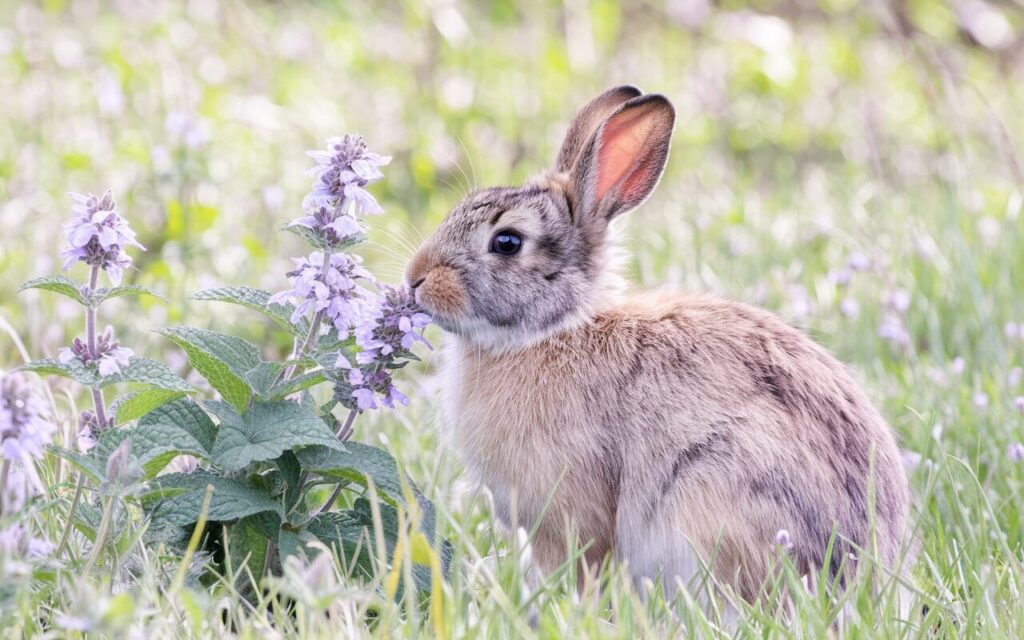 Can Rabbits Eat Catmint Leaves?
Can Rabbits Eat Catmint Leaves?
Yes, rabbits can eat catmint leaves. These leaves are soft and easy for rabbits to chew, making them a suitable treat. However, always ensure that the leaves are fresh and clean, free from pesticides or other harmful chemicals. Remember, moderation is crucial when offering herbs like catmint.
Can Rabbits Eat Catmint Flowers?
The flowers of the catmint plant are also safe for rabbits to eat. They add a bit of variety and color to your rabbit’s diet, which can make mealtime more interesting. Just like with the leaves, ensure that the flowers are clean and pesticide-free. Catmint flowers are not only visually appealing but also aromatic, which may entice your rabbit to try them.
How Much Catmint Should You Feed Your Rabbit?
Catmint should be considered a treat rather than a staple in your rabbit’s diet. A small amount, such as a couple of leaves or flowers a few times a week, is sufficient. Always balance it with plenty of hay, fresh vegetables, and water to ensure your rabbit is getting all the nutrients they need.
How to Introduce Catmint to Your Rabbit’s Diet
Slow Introduction
When introducing catmint to your rabbit, start with a small amount. Monitor your rabbit closely to see if they enjoy it and whether they show any signs of digestive upset. Introducing catmint gradually helps prevent any potential digestive issues.
Observing Reactions
Watch for any changes in behavior or stool quality. If everything looks normal, you can continue giving catmint as an occasional treat. If not, it’s best to discontinue feeding it.
Alternatives to Catmint for Rabbits
Safe Herbs for Rabbits
If catmint doesn’t sit well with your rabbit, there are plenty of other herbs that are safe. Some great alternatives include basil, parsley, cilantro, and dill. These herbs are not only safe but also provide excellent nutritional benefits for rabbits.
Best Rabbit-Friendly Plants
Rabbits also love plants like dandelion greens, clover, and plantain. These are natural options that are often found in the wild and can be added to your rabbit’s diet for variety.
For Alternative Fruites visit:
Can Rabbits Have Strawberries?
Can Rabbits Have Blueberries?
Can Rabbits Eat Grapes?
Can Rabbits Have Apples?
For Alternative vegetables visit:
Can Rabbits Eat Kale?
Can Rabbits Eat Spinach?
Can Rabbits Eat Broccoli?
Can Rabbits Eat Carrots?
Can Bunnies Eat Cabbage?
Can Rabbits Eat Cucumbers?
Can Rabbits Eat Lettuce?
Can Rabbits Eat Asparagus?
Can Rabbits Eat Tomatoes
How to Grow Catmint for Your Rabbit
Ideal Growing Conditions
Catmint is relatively easy to grow. It thrives in well-drained soil and a sunny spot in your garden. You can even grow it in a pot if space is limited. Just make sure it’s free from chemical fertilizers and pesticides.
Harvesting Catmint Safely
When harvesting catmint, pick the leaves and flowers that look fresh and vibrant. Always wash them thoroughly before offering them to your rabbit to remove any dust or insects.
Signs of Catmint Toxicity in Rabbits
Symptoms to Watch For
Though catmint is generally safe, it’s important to be aware of the signs of toxicity or adverse reactions. Symptoms such as lethargy, diarrhea, lack of appetite, or unusual behavior should be addressed immediately.
What to Do in Case of Toxicity
If you suspect your rabbit has had too much catmint or is reacting poorly, remove the herb from their diet and contact your veterinarian for guidance.
Tips for Maintaining a Balanced Rabbit Diet
A well-balanced diet is essential for maintaining your rabbit’s overall health and well-being. While treats like catmint can be fun, your rabbit’s primary diet should consist of hay, fresh greens, and a small number of pellets. Always ensure they have access to clean, fresh water.
Common Misconceptions About Rabbits and Catmint
Many people believe that because rabbits can eat some herbs, they can eat all of them without consequences. However, not all plants are safe for rabbits; even safe ones like catmint should be given in moderation. Always research before introducing a new plant to your rabbit’s diet.
Conclusion
Can rabbits have catmint? Yes, they can, but it should always be in moderation. Catmint can be a delightful treat for your rabbit, adding variety and a touch of flavor to their diet. While generally safe, moderation is key to ensuring your rabbit stays happy and healthy. Always observe your rabbit’s reactions and consult your vet if you’re ever in doubt. Remember, a balanced diet is the cornerstone of a healthy rabbit, and treats like catmint are just the cherry on top!

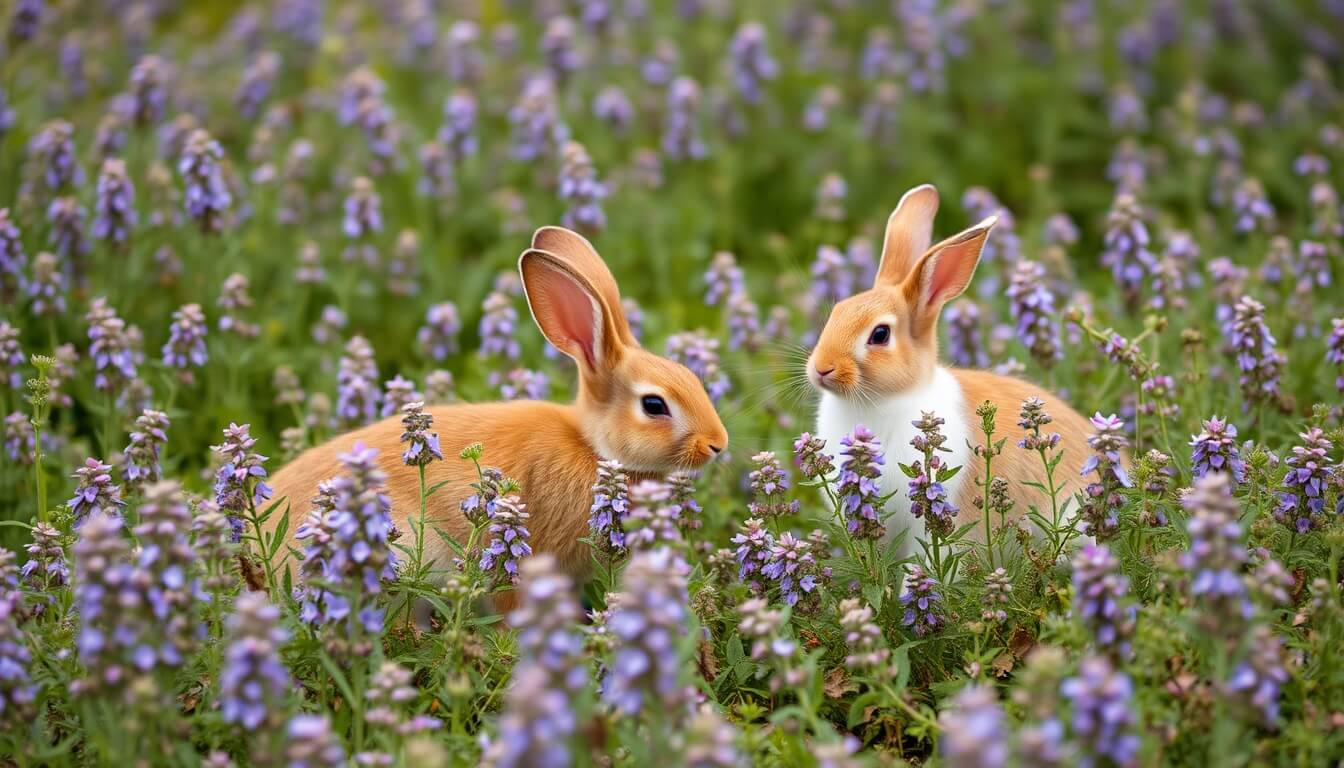
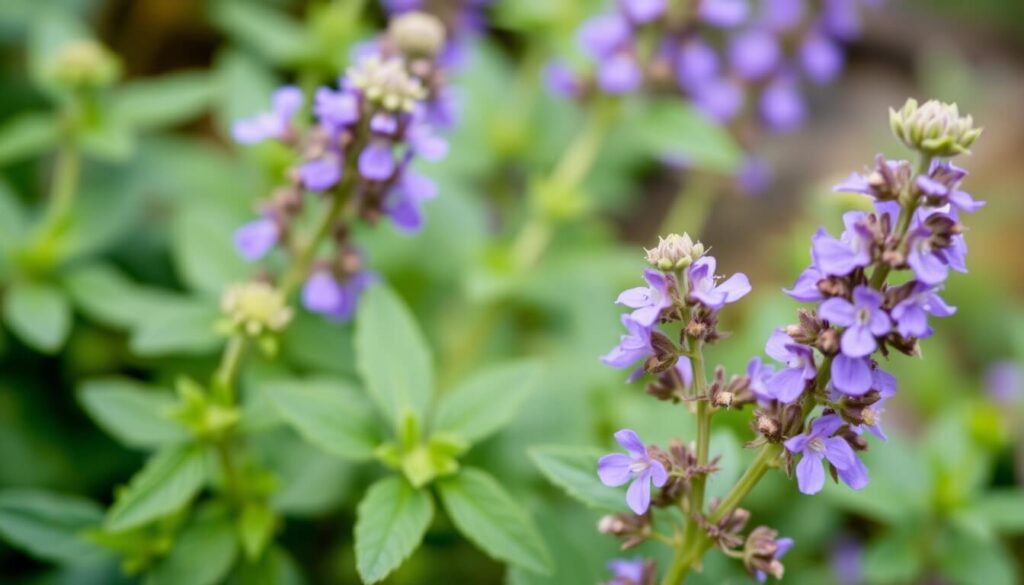
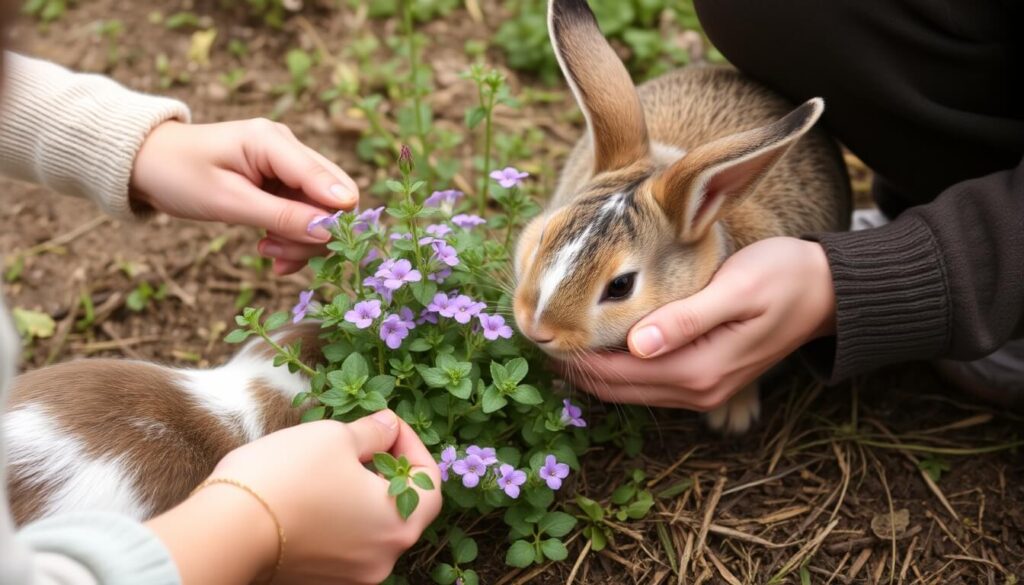

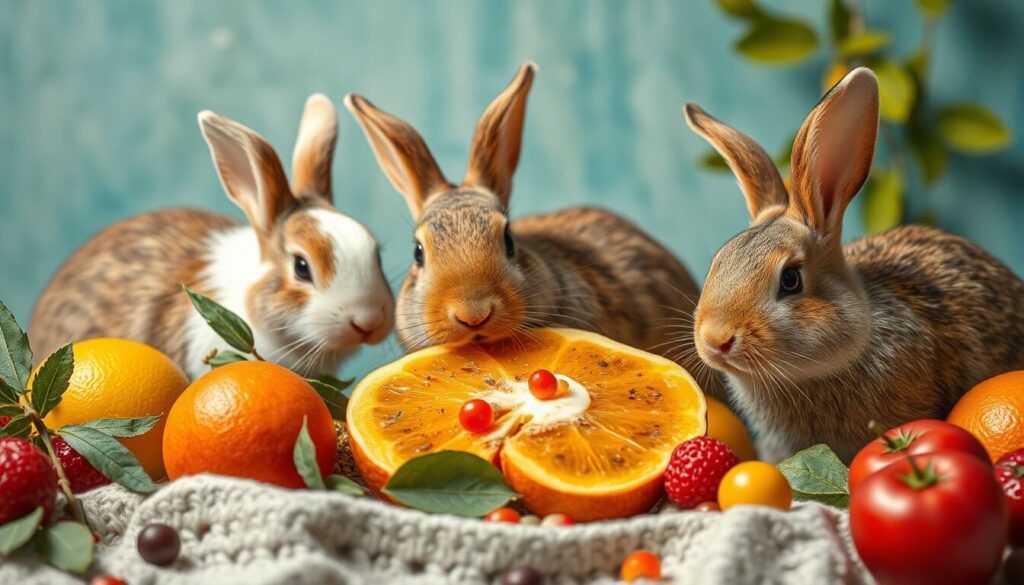
Leave a Reply